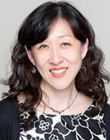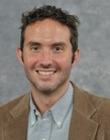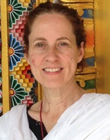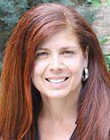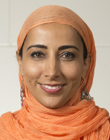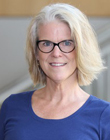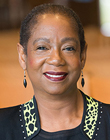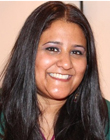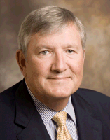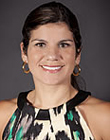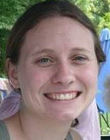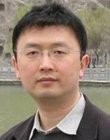|
Program Unit |
Decision |
|
Afro-American Religious History Group |
5-year Renewal; 2 sessions |
|
Augustine and Augustinianisms Group |
5-year Renewal; 1 session |
|
Bible in Racial, Ethnic, and Indigenous Communities Group |
3-year Renewal; 1 session |
|
Bible, Theology, and Postmodernity Group |
3-year Renewal; 2 sessions; name change to Sacred Texts, Theory, and Theological Construction Group |
|
Bioethics and Religion Group |
5-year Renewal; 1 session |
|
Buddhist Critical–Constructive Reflection Group |
5-year Renewal; 2 sessions |
|
Buddhist Philosophy Group |
5-year Renewal; 2 sessions |
|
Comparative Religious Ethics Group |
1-year Renewal with 2 sessions; External Review |
|
Comparative Studies in Religion Section |
5-year Renewal; 5 sessions |
|
Comparative Theology Group |
5-year Renewal; 2 sessions |
|
Confucian Traditions Group |
5-year Renewal; 2 sessions |
|
Critical Approaches to Hip-Hop and Religion Group |
5-year Renewal; 1 session |
|
Critical Theory and Discourses on Religion Group |
5-year Renewal; 2 sessions |
|
Death, Dying, and Beyond Group |
5-year Renewal; 1 session |
|
Ecclesiological Investigations Group |
5-year Renewal; 2 sessions |
|
Ethics Section |
1-year Renewal; 5 sessions; External Review |
|
Evangelical Studies Group |
5-year Renewal; 2 sessions |
|
Feminist Theory and Religious Reflection Group |
5-year Renewal; 2 sessions |
|
Gay Men and Religion Group |
4-year Renewal; 2 sessions |
|
Indigenous Religious Traditions Group |
5-year Renewal; 2 sessions |
|
Music and Religion Group |
5-year Renewal; 1 session |
|
Open and Relational Theologies Group |
3-year Renewal; 2 sessions |
|
Practical Theology Group |
5-year Renewal; 2 sessions |
|
Queer Studies in Religion Group |
5-year Renewal; 1 session |
|
Reformed Theology and History Group |
5-year Renewal; 2 sessions |
|
Religion and Politics Section |
5-year Renewal; 5 sessions |
|
Religion and Popular Culture Group |
5-year Renewal; 4 sessions |
|
Religion and Public Schools: International Perspectives Group |
5-year Renewal; 1 session |
|
Religion in South Asia Section |
5-year Renewal; 5 sessions |
|
Religion, Holocaust, and Genocide Group |
3-year Renewal; 2 sessions |
|
Religions in Chinese and Indian Cultures: A Comparative Perspective Group |
5-year Renewal; 1 session |
|
Sikh Studies Group |
5-year Renewal; 1 session |
|
Transhumanism and Religion Group |
3-year Renewal; 1 session; name change to Human Enhancement and Transhumanism Group |
|
Womanist Approaches to Religion and Society Group |
5-year Renewal; 2 sessions |
|
World Christianity Group |
3-year Renewal; 2 sessions |

